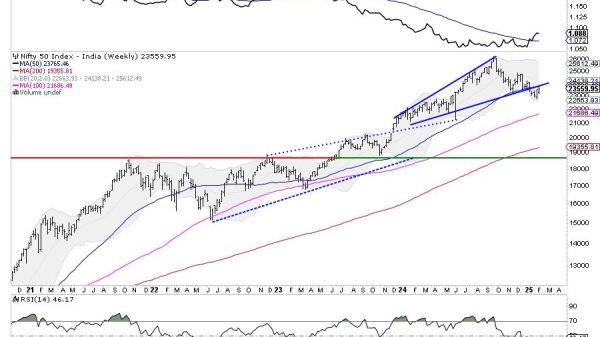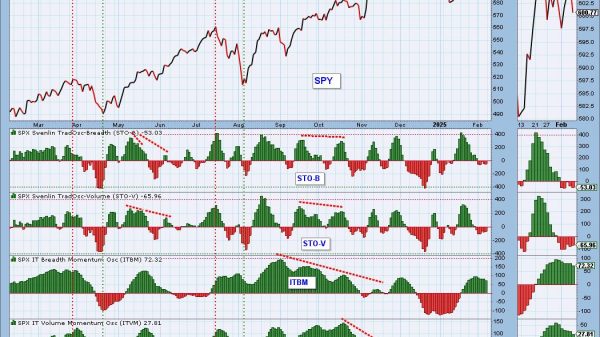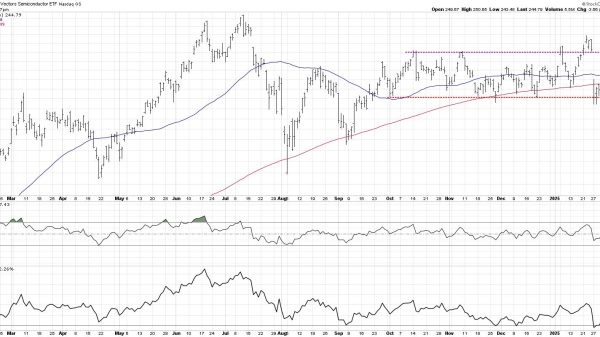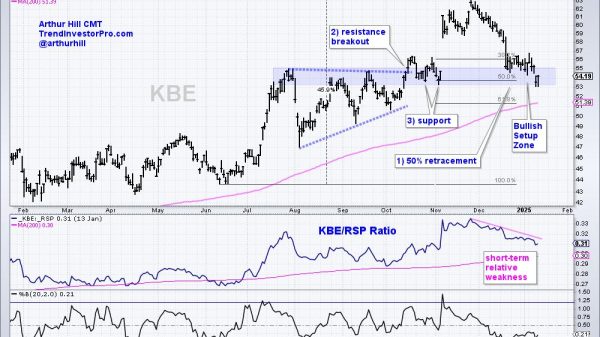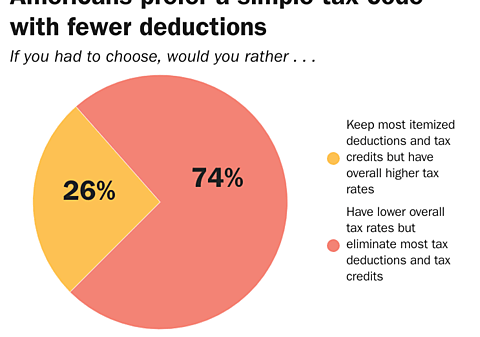
German manufacturers and alcohol producers could benefit from closer trade ties with the UK in the wake of President Donald Trump’s sweeping new US tariffs, according to leading audit, tax and advisory firm Blick Rothenberg.
The so-called ‘Liberation Day’ tariffs, announced by the White House this week, impose significant levies on imports from 60 countries. While the UK faces a 10% tariff, imports from the European Union will be hit with a 20% rate, creating new dynamics for global supply chains and exporters.
Nils Schmidt-Soltau, Head of the German desk at Blick Rothenberg, said the new tariff structure could present a “silver lining” for German businesses with a manufacturing footprint in the UK.
“The lower tariff on UK imports could be regarded as a silver lining for German businesses with a manufacturing presence in the UK, given the 10% rate announced for UK imports compared to the 20% rate on EU imports,” he said.
The changes could also open up new export opportunities for German alcohol producers. Germany is the EU’s third-largest wine exporter and the fourth-largest beer exporter, with the US as a key market. However, Trump’s new tariffs on beer and wine imports threaten to stifle that flow.
“German producers could turn their attention to the UK, which is the second largest wine importer globally after the US,” Schmidt-Soltau noted. “Although German alcohol exports to the UK are currently modest, there is significant potential for growth — especially as Germany was also the UK’s largest import partner in 2023.”
The shift may also prompt German brewers and winemakers to consider expanding their presence in the UK, either through direct exports or local partnerships.
However, Germany’s carmakers are unlikely to benefit. Despite the UK’s lower tariff status, Volkswagen-owned Bentley, BMW-owned Rolls-Royce, and Mini — all of which manufacture in the UK — will still be subject to the 25% tariff on automotive imports into the US, in line with the broader industry ruling.
As global trade relationships continue to evolve, the UK’s post-Brexit flexibility on trade terms could prove advantageous — not only for British exporters but also for European firms seeking to maintain access to key international markets, particularly the US.
Read more:
German firms could benefit from closer UK ties amid Trump’s trade tariffs






